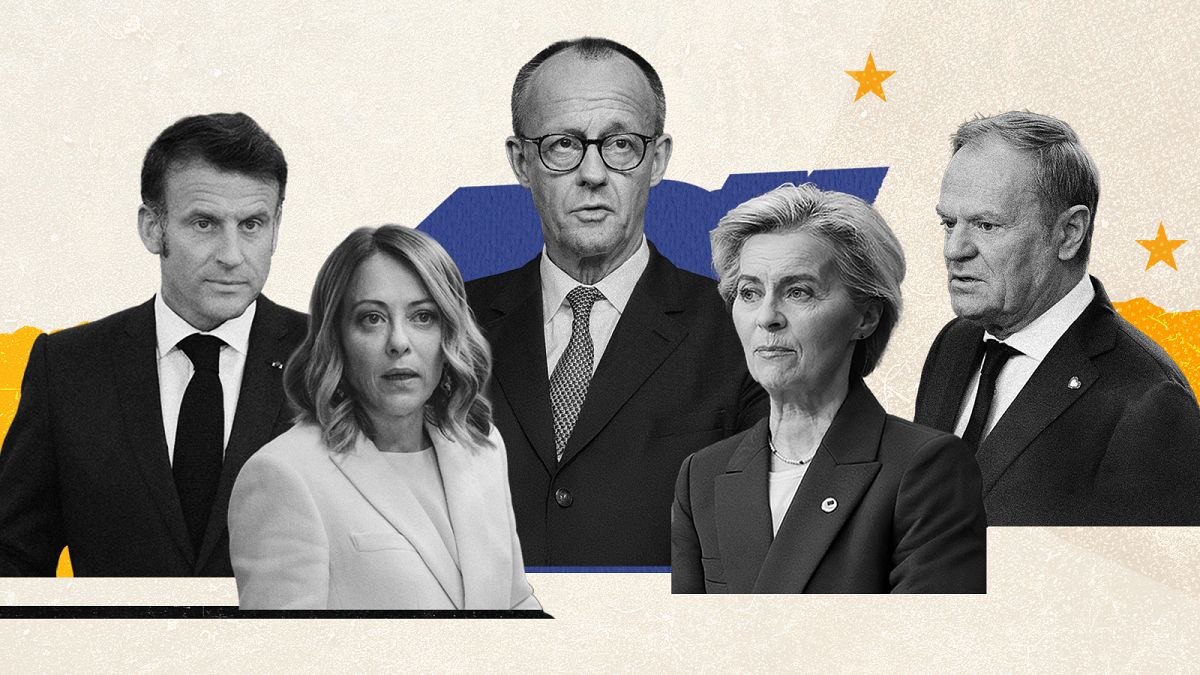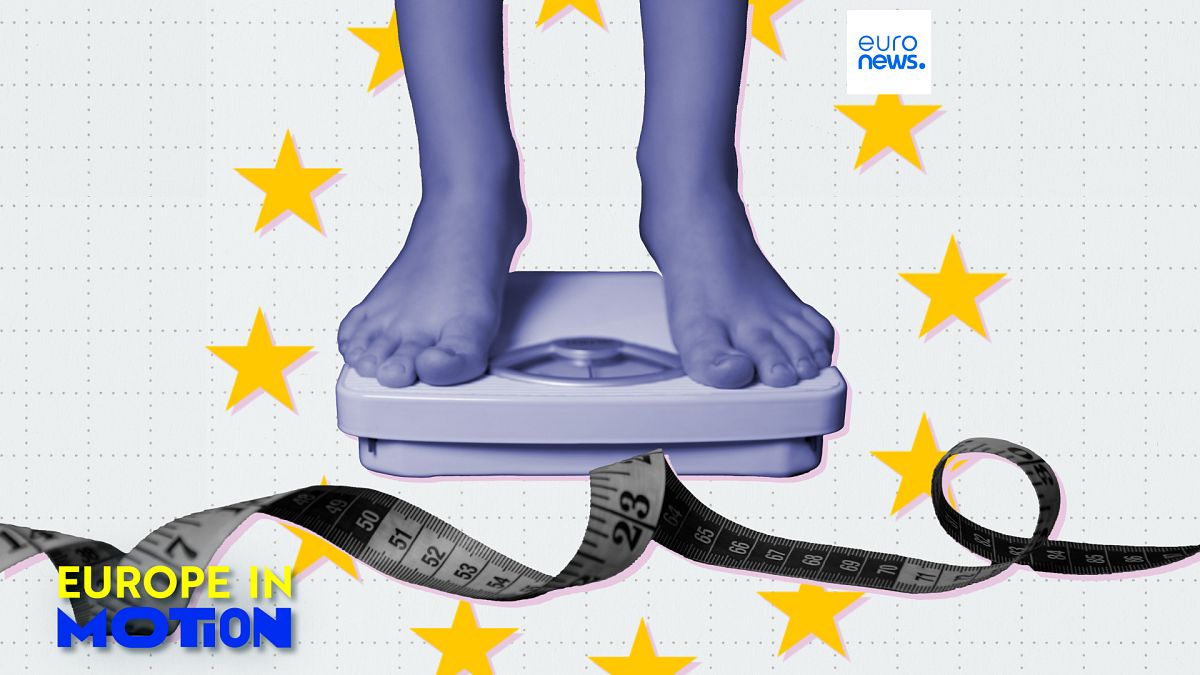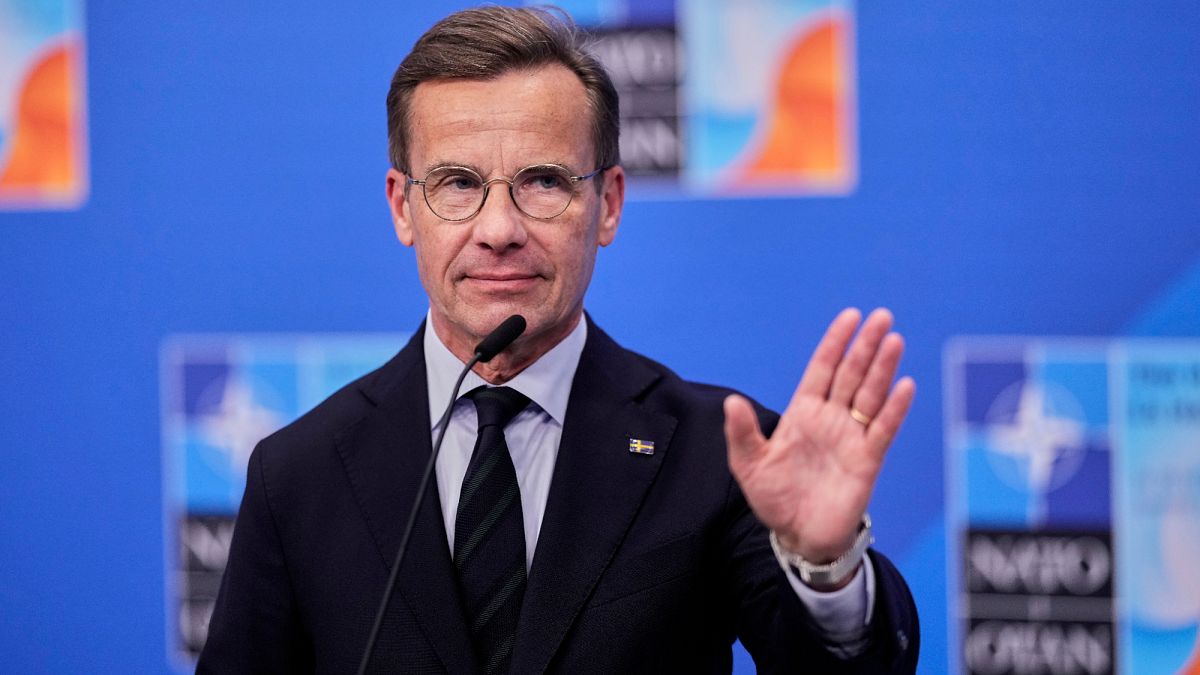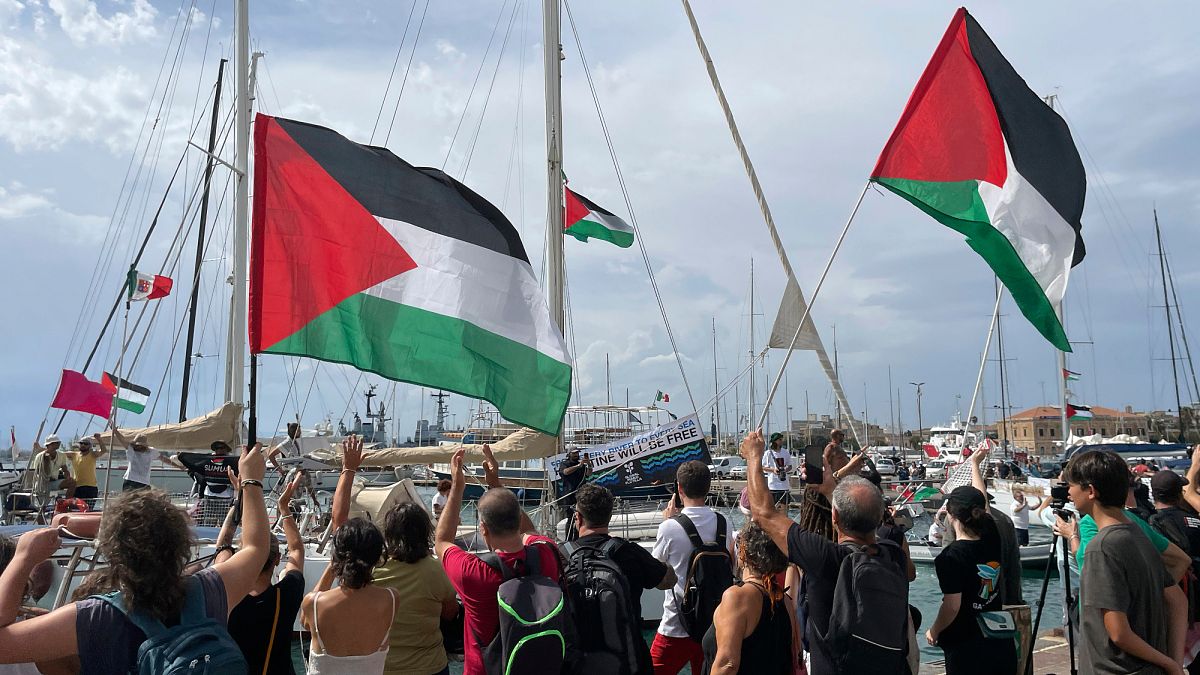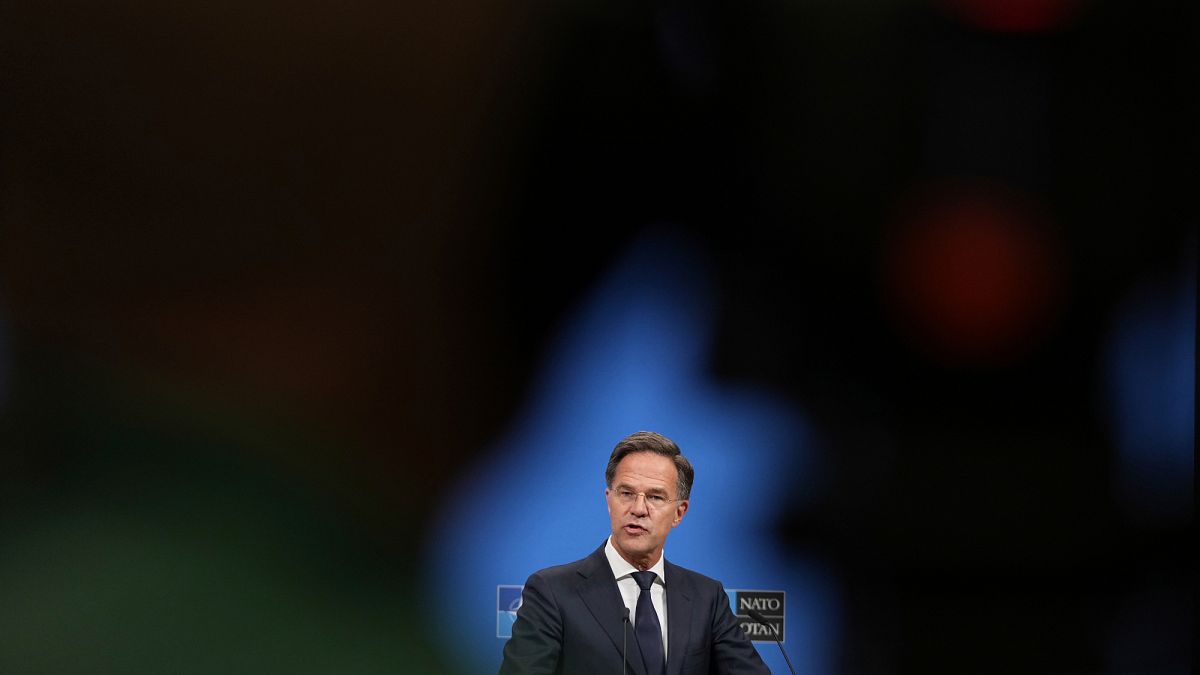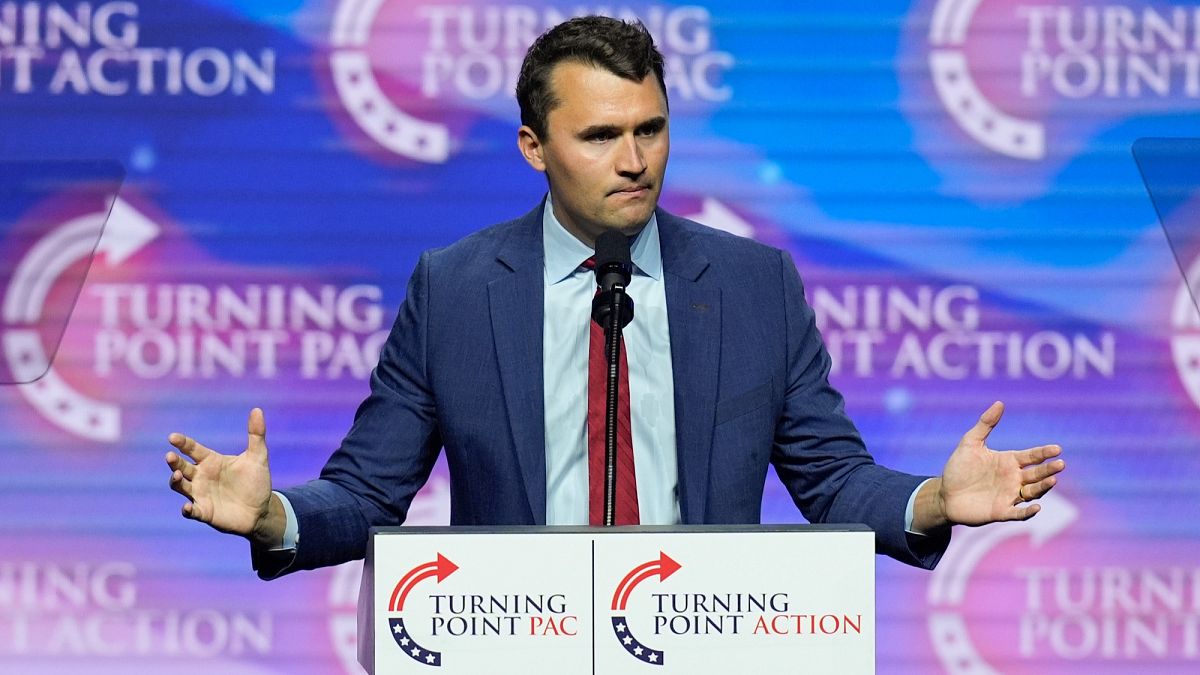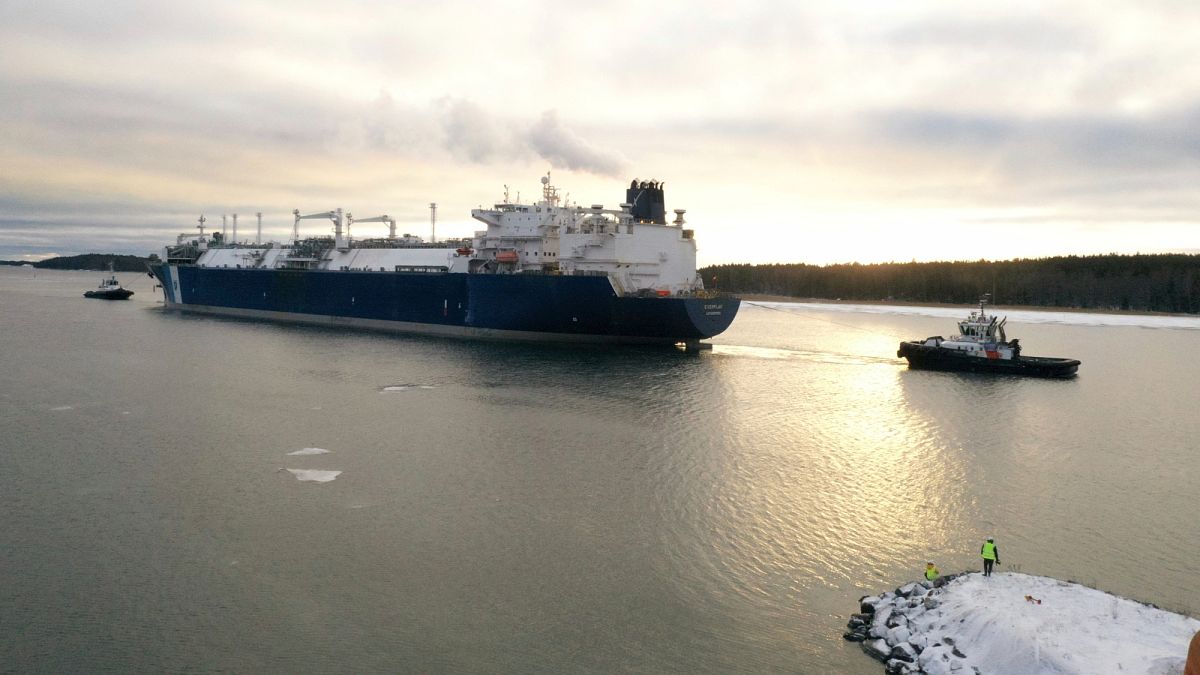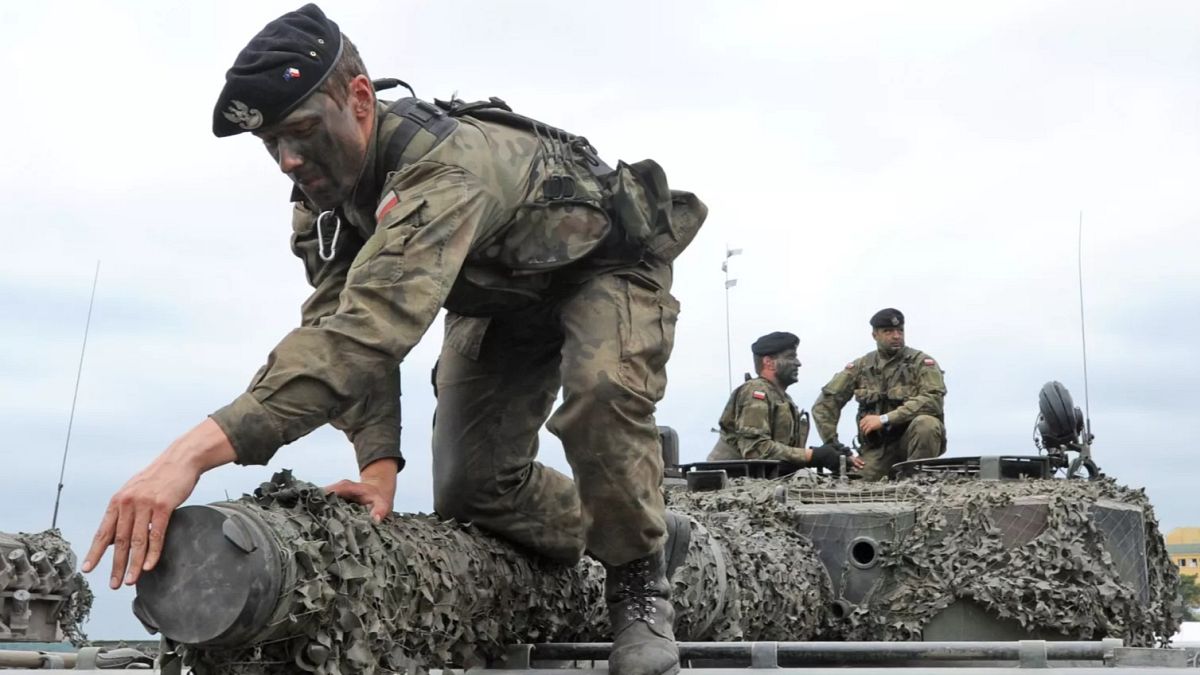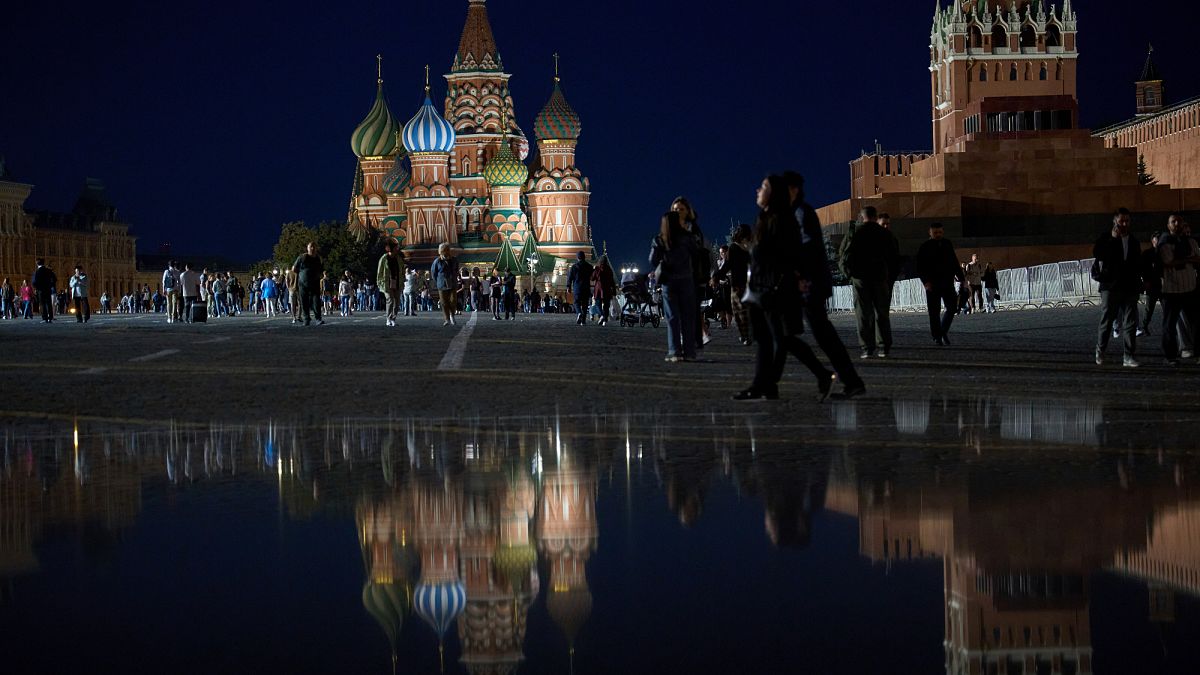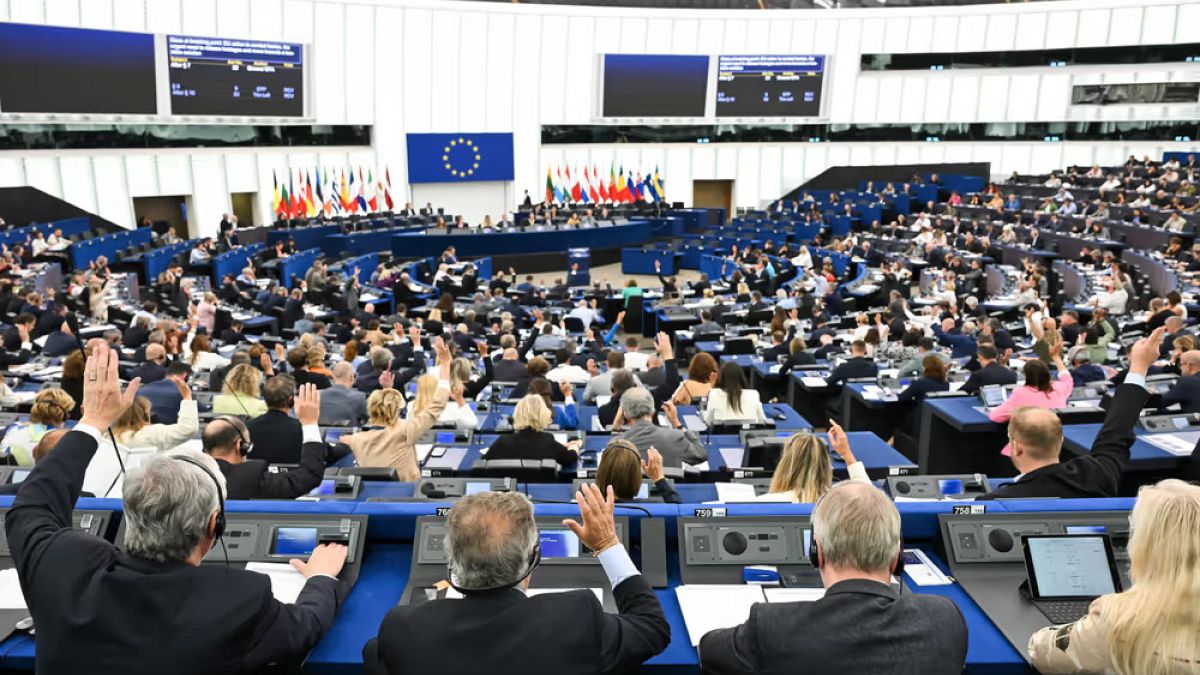The 27 leaders of the European Union have arrived in Brussels for what is expected to be a one-day summit with a heavy geopolitical flavour, covering the Israel-Iran conflict, the humanitarian catastrophe in the Gaza Strip, Russia’s invasion of Ukraine and the battered state of the transatlantic alliance in the new Donald Trump era, all of which have compounded the sense of alarm and uncertainty across capitals.
Tariffs, migration, competitiveness and the 2040 target under the Green Deal are also set to make an appearance during the closed-door discussions on Thursday.
The summit comes two days after Trump announced a tentative ceasefire between Israel and Iran, which appears to be holding despite high tensions between both sides. The announcement was warmly welcomed by Europeans, who had worried about a dangerous spillover effect with unpredictable consequences.
The cessation of hostilities will allow greater focus on another Middle East-related issue that continues to divide the bloc: Israel’s war on Gaza.
Last week, the European External Action Service (EEAS) presented its much-anticipated review of the EU-Israel Association Agreement, finding “indications” that the country had breached its human rights obligations under Article 2.
Building upon the work of international organisations, the seven-page review provides an extensive list of violations, including the blockade of humanitarian assistance, military attacks against hospitals, the forced displacement of the Palestinian population, mass arrests, arbitrary detentions and violent acts committed by Israeli settlers.
Member states are split on what to do next, however: some countries advocate a concrete response, while others would prefer to take no action. The latest version of the conclusions, seen by Euronews, reflects the internal dilemma: the text simply “takes note” of the review and “invites” foreign ministers to a “follow-up” discussion in mid-July.
“There has been a review that is undeniable,” said a senior diplomat, speaking on condition of anonymity. “There will never be a consensus in the European Union to suspend the agreement. But you need to do certain things because there is a problem. There are 55,000 people dead.”
A diplomat from another country urged Brussels to engage in dialogue with Israel to find ways to improve the humanitarian situation in Gaza, but warned that “measures” might be taken in mid-July if there is no tangible progress on the ground.
Orbán and Fico team up
Russia’s invasion of Ukraine will also occupy a great share of the political debate on Thursday, even if the Middle East has lately shifted the bloc’s geopolitical focus.
Ukrainian President Volodymyr Zelenskyy is scheduled to address leaders in the room via video conference to discuss the latest developments on the battlefield, his country’s financial health and the urgency to step up military support.
Another high-priority issue that Zelenskyy is likely to raise in his intervention is Ukraine’s EU candidacy, which remains virtually frozen due to Hungary’s unassailable veto.
The stalemate is set to worsen after Prime Minister Viktor Orbán presents the results of a controversial national consultation that his government launched to gauge the opinion of Hungarian citizens regarding Ukraine’s accession. The consultation was preceded by an incendiary campaign led by the premier himself, replete with accusations directed at “bureaucrats” of Brussels.
At the same time, Orbán, together with Slovak Prime Minister Robert Fico, his increasingly close ally, will make the case against the European Commission’s proposed roadmap to phase out all imports of Russian fossil fuels by the end of 2027.
Both landlocked countries still rely on Russian energy and warn that the phase-out risks endangering their energy security and raising consumer prices. Slovakia has asked for unspecified “guarantees” to cope with potential “negative impacts”, a wording that some in Brussels interpret as a request for money or exemptions – or both.
Complicating matters, Orbán and Fico have linked the phase-out with the approval of the next package of sanctions against Russia, which is ready to go after days of intense negotiations. Should the two prime ministers feel satisfied at the end of Thursday, ambassadors could formally approve the restrictions as early as Friday.
“We want this (package) to have a direct, more decisive impact. Not just on how to put pressure on Russia’s revenues and access to products, but on our immediate objective, which is a ceasefire,” said a third diplomat.
The sanctions, though, are all but guaranteed to lose an important element: a revision of the price cap on Russian oil from $60 to $45 per barrel. After the US refused to endorse the initiative at the G7 summit and the Middle East crisis caused turbulence in the oil markets, some member states got cold feet about the prospect of going it alone.
As a result, the $45 cap is considered effectively dead.






